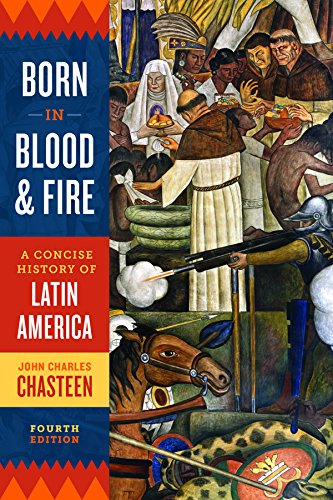
1
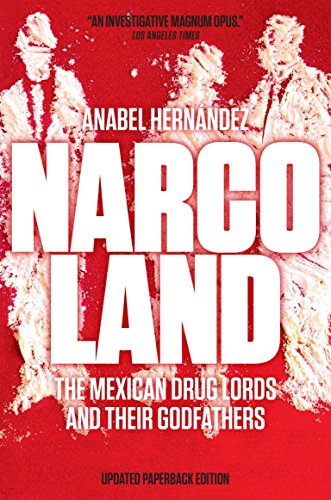
2
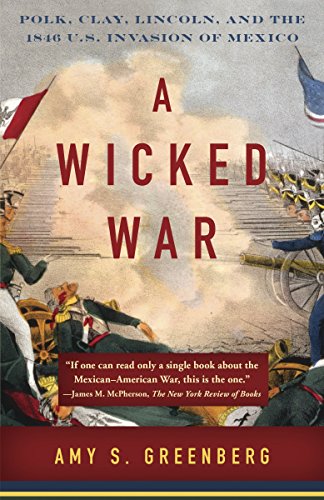
3
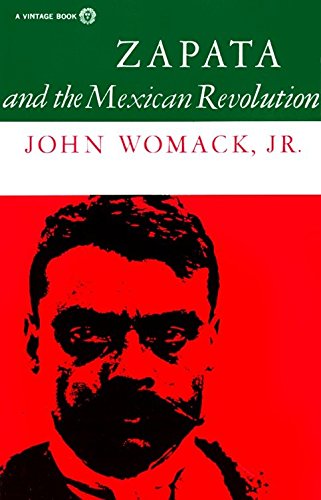
4
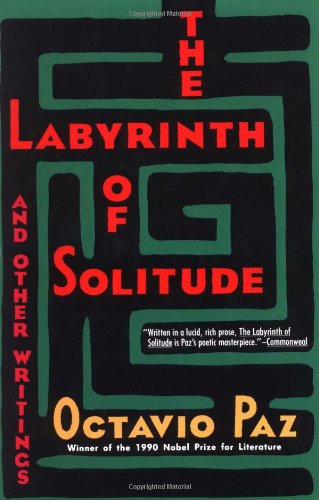
5
My personal top five book selections on Mexican culture, history, and society.
1
In "Born in Blood and Fire," historian John Chasteen crafts a journey through Latin America's history, spanning from its pre-colonial roots to the Cold War era. I read this narrative during my college years, and I was particularly fascinated by the chapters on Mexico. It was in this book that I first learned about the Grito de Dolores and Mexico's strained (and even tragic) relationship with the United States. Chasteen's eloquent prose weaves intricate events seamlessly, placing them within a broader hemispheric framework. By observing Latin America through this expansive lens, it becomes evident how interactions, first with European colonizers and subsequently with the United States, profoundly influenced the tapestry of the entire region.
2
A difficult but illuminating history, it delves into how drug money and power have shaped contemporary Mexico.
3
Porfirio Diaz once said, "Poor Mexico, so far from God, so close to the United States." This book takes up the intricate racial, linguistic, and ideological factors that prompted the United States to initiate a war of conquest against its newly independent neighbor, a nation that, like the U.S., had recently shed its colonial chains.
4
Womack's book on Zapata traces his evolution from a bandit to a revolutionary, situating his actions within the broader context of the revolutionary movement.It pairs well with Hobsbawm's "Bandits."
5
A collection of essays by the renowned Mexican poet and political thinker, Octavio Paz. Each essay explores various facets of Mexican history, culture, and identity.

1
In "Born in Blood and Fire," historian John Chasteen crafts a journey through Latin America's history, spanning from its pre-colonial roots to the Cold War era. I read this narrative during my college years, and I was particularly fascinated by the chapters on Mexico. It was in this book that I first learned about the Grito de Dolores and Mexico's strained (and even tragic) relationship with the United States. Chasteen's eloquent prose weaves intricate events seamlessly, placing them within a broader hemispheric framework. By observing Latin America through this expansive lens, it becomes evident how interactions, first with European colonizers and subsequently with the United States, profoundly influenced the tapestry of the entire region.

2
A difficult but illuminating history, it delves into how drug money and power have shaped contemporary Mexico.

3
Porfirio Diaz once said, "Poor Mexico, so far from God, so close to the United States." This book takes up the intricate racial, linguistic, and ideological factors that prompted the United States to initiate a war of conquest against its newly independent neighbor, a nation that, like the U.S., had recently shed its colonial chains.

4
Womack's book on Zapata traces his evolution from a bandit to a revolutionary, situating his actions within the broader context of the revolutionary movement.It pairs well with Hobsbawm's "Bandits."

5
A collection of essays by the renowned Mexican poet and political thinker, Octavio Paz. Each essay explores various facets of Mexican history, culture, and identity.
© Five Books 2026